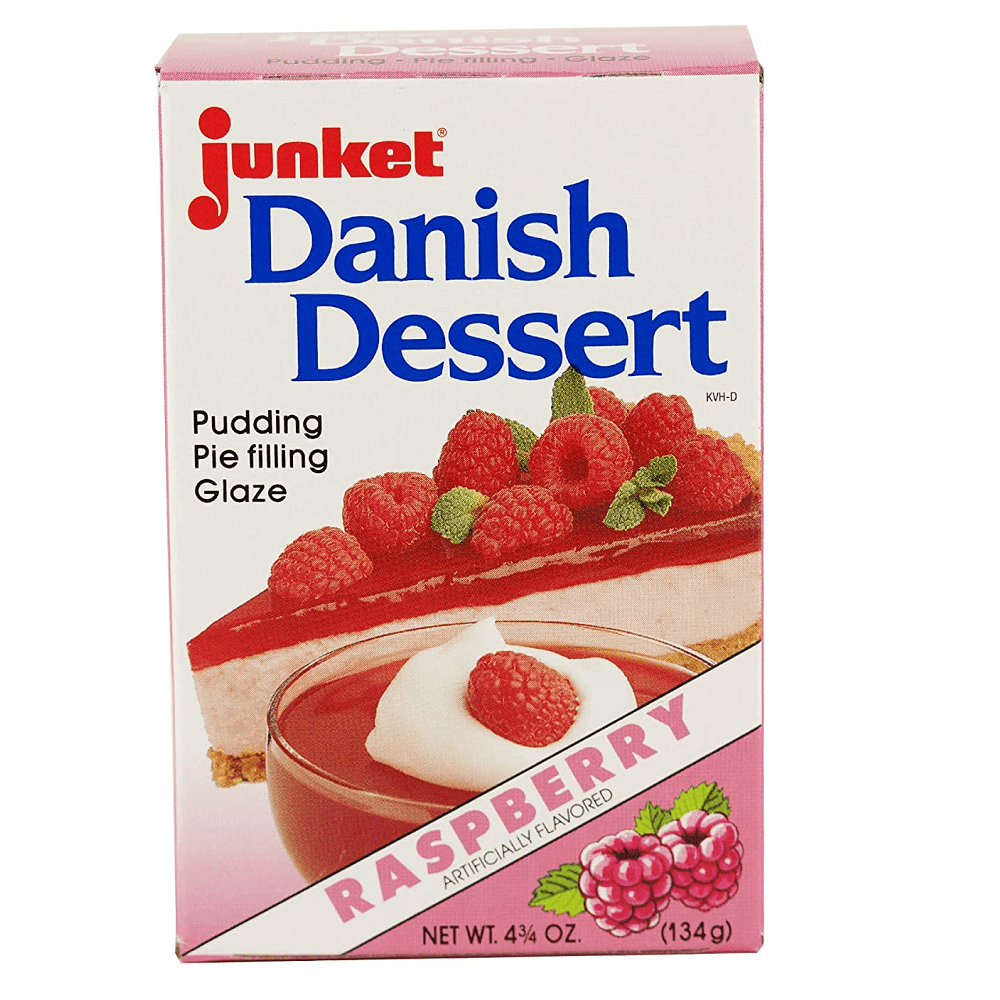
ambrosia – fruit dessert made up of bananas and oranges topped with shredded coconut.pud, pudding – a British slang term for the dessert course of a meal.baked Alaska – a cake that is covered in ice cream and meringue, then quickly browned in an oven.sabayon, zabaglione – a foamy, light custard-like dessert that can be served hot or cold.

#JUNKIT DESSERTS FREE#

Japanese: (general) デザート (dezāto) (only for a sweet one) スイーツ (suītsu).German: Nachspeise (fem.), Dessert (neut.).Roman: poslastica (fem.), slastica (fem.), slatko (neut.), dezert (masc.).

This list of translations for the word dessert is provided by Word Sense. Usually, cognates, which are words that look, sound, and mean the same thing across languages, are formed when two words or languages share a common ancestor like Latin or Greek. This is likely due to the fact that they share a common origin. You may notice that some of these words look and sound similar to each other. There are many different languages that contain words meaning dessert. This word dessert comes from the Middle French desservir, meaning to clean the table, from the root des and the root servir, from the Latin servire. The word dessert has two syllables – des-sert, and the pronunciation of dessert is dɪˈzɜːt. This sweet course of a dinner is usually served at the end of a meal. According to Collins English Dictionary, desert is the last course of a meal.


 0 kommentar(er)
0 kommentar(er)
